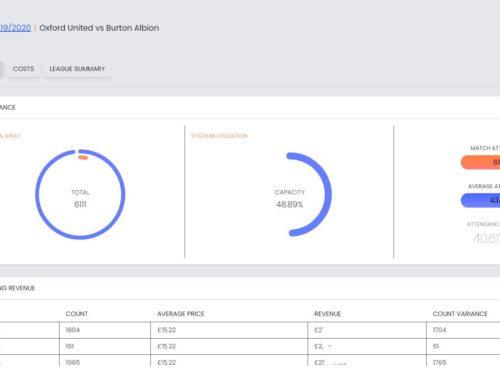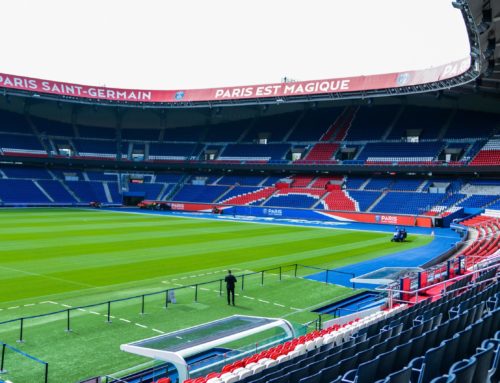BLOG | BY CO-FOUNDER ALEX IACOPONI
The coronavirus pandemic had a profound impact on global sports this year, cancelling or postponing events and virtually eliminating match-day attendance at remaining fixtures. But as leagues and franchises grasp for a financial foothold, the tumult of 2020 accelerated a nascent trend in the business of sport: the influx of institutional capital.
CVC Capital Partners, Advent International, and state-backed Italian investor FSI have agreed to pay €1.7 billion for a 10% stake in a new media rights unit being launched by Serie A, and they have tried to add a breakaway clause after some of Europe’s top football clubs discussed setting up a separate, continent-wide super league
The uncertainty could be a factor in other private capital investments, including several private equity groups looking to invest in media rights for Germany’s Bundesliga.
US investors have been recently targeting European clubs as stated in the last report by the KPMG Football Benchmark.
Many European football clubs have seen their market value dropping during the Covid-19 pandemic and have seen their revenues collapsing compared to the costs that remained the same. The absence of gate receipts is obvious – and in some cases, they have seen some media and commercial deals being disputed.
During 2020 American investors and investment firms have been very active in investing in European football clubs.
In France in July, the American investment firm owner Gerry Cardinale completed the takeover of Toulouse, who finished bottom of Ligue 1 in the coronavirus-abbreviated French football season.
A 35% stake takeover of second-division club Girona FC has been the only transaction in Spain this year, in contrast to five deals completed there in 2019.
In Italy, AS Roma, Parma Calcio, and Venezia FC have all received major investment from American investors and changed majority owners during the coronavirus pandemic.
American investors have potentially been attracted by lower valuations and by the opportunity to take advantage of acquiring players at a discounted price from clubs that are now forced to sell players because of the financial issues caused by the pandemic – and will be able to sell them later to a much higher value in 3 to 5 years.
The interest in European football clubs has also been driven by the digital transformation that has pushed professional football closer to becoming “a true entertainment industry”.
US investors have great experience in sports business, and they have a long-term investment strategy and know-how to make the most of owning football clubs, diversifying their sports ownership portfolio. Some of these European football clubs could potentially deliver great growth if they qualify for the major European competitions.
Americans are also at the forefront of innovation in sport, for example, the Major League Soccer is one of the most innovative Leagues in the world in the use of data and analytics.
Soccer analytics and data science applied to football have a large impact on MLS, It has influenced changes in how the game is played, shots closer to goal, taking shorter goal kicks, and quick throw-ins, all of which was suggested by looking at data. As the amount of data available to teams increases, they will get more efficient in how they play.
Financial intelligence could support clubs to measure with data the impact of investments and measuring the impact of specific decisions. Joseph Cooper, Head of Data Science at ClubView is firmly convinced that data science and financial intelligence will change and improve the financial performance and the governance of football.





